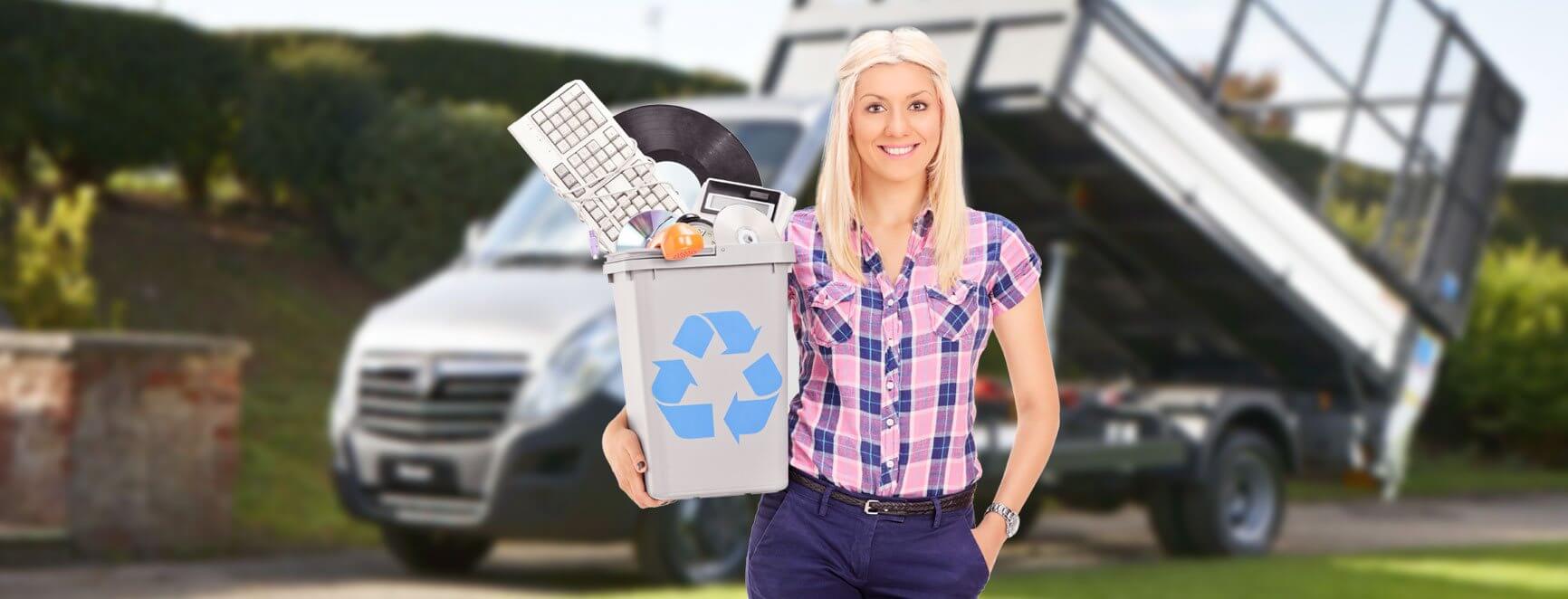Waste Reduction: Small Daily Changes
Posted on 25/06/2025
In today's consumer-driven world, waste reduction has become a critical focus. While the enormity of environmental issues can seem overwhelming, individuals can make a significant impact through small daily changes. By incorporating simple habits into everyday life, you not only contribute to a healthier planet but also foster a sustainable lifestyle. This article will dive deep into practical changes you can make to reduce waste on a daily basis.
Understanding the Impact of Waste
Waste, particularly plastic waste, is a pervasive problem globally. According to research, about 8.3 billion metric tons of plastic have been produced since the 1950s. Alarmingly, only 9% of this plastic has been recycled. The rest ends up in landfills, incinerators, or the natural environment, where it can take hundreds of years to decompose. The consequences of this rampant waste include pollution of waterways, harm to wildlife, and contribution to climate change.

Adopting Reusable Items
One of the simplest and most effective ways to reduce waste is by adopting reusable items. Single-use items, especially plastics like bags, bottles, and straws, contribute massively to the waste problem. Transitioning to reusable alternatives can significantly cut down your waste footprint. For instance, a reusable water bottle can prevent hundreds of single-use bottles from ending up in landfills annually. Similarly, cloth shopping bags, metal straws, and glass storage containers are easy substitutes for their disposable counterparts.
Consider the following reusable items for waste reduction:
- Water Bottles: Invest in a durable, stainless steel or glass water bottle. Refill it throughout the day instead of buying bottled water.
- Shopping Bags: Keep a few reusable shopping bags in your car or near your door to ensure you always have them for grocery trips.
- Straws: If you regularly use straws, consider purchasing metal or silicone ones.
- Containers: Swap out plastic storage containers for glass or stainless steel options. They're more durable and better for both you and the environment.
Mindful Consumption
Another crucial aspect of waste reduction is being mindful of what you buy. This involves considering the lifecycle of products before purchasing them. Opt for products with minimal packaging, or packaging made from recyclable materials. Avoid items that are over-packaged or made from non-recyclable materials. Additionally, consider the durability and longevity of products. Higher quality items might have a higher upfront cost but are more cost-effective in the long run as they last longer and reduce waste.
Implement the following habits for mindful consumption:
- Read Labels: Pay attention to packaging labels for recyclable materials or sustainability certifications.
- Buy in Bulk: Purchasing items in bulk reduces the amount of packaging waste generated. Bring your own containers when possible.
- Choose Quality: Invest in high-quality, durable goods that will last longer and require fewer replacements.
- Support Sustainable Brands: Favor brands that prioritize sustainability and waste reduction in their manufacturing processes.
Composting: Turning Waste into Resource
Food waste is another significant contributor to landfill mass. However, instead of throwing away organic waste, you can turn it into a valuable resource through composting. Composting involves decomposing organic material, such as fruit peels, coffee grounds, and yard waste, into nutrient-rich soil. This practice not only reduces the amount of waste sent to landfills but also enriches the soil, making it more fertile for gardening and agriculture.
Here's how to get started with composting:
- Choose a Compost Bin: Select an appropriate bin for your space, whether a small indoor container or a larger outdoor bin.
- Learn What to Compost: Only compost items that will break down naturally, such as fruit and vegetable scraps, coffee grounds, eggshells, and yard trimmings.
- Maintain Balance: Keep a balance of green materials (food scraps, fresh leaves) and brown materials (dry leaves, cardboard) to facilitate composting.
- Turn Regularly: Aerate your compost by turning it regularly to speed up the decomposition process.
Reducing Electronic Waste
Electronic waste, or e-waste, is a growing concern in our digital age. Items such as old phones, laptops, and batteries can often be recycled but are frequently improperly disposed of, leading to hazardous materials leaking into the environment. Reducing electronic waste involves responsibly recycling old devices and being mindful of electronic purchases.
Practice these tips to minimize e-waste:
- Recycle Properly: Take advantage of e-waste recycling programs for your old electronics. Many electronics stores and municipalities offer these services.
- Donate or Sell: If your old electronics are still working, consider donating them to charities or schools, or selling them to second-hand retailers.
- Upgrade Components: Rather than replacing an entire device, see if specific components (like a battery or memory) can be upgraded.
- Buy Refurbished: Purchasing refurbished electronics is a great way to reduce waste and save money.

Engaging in Community Efforts
Individual efforts are powerful, but waste reduction can be even more impactful when undertaken as a community. Local community initiatives and engagement can amplify the effects of individual actions. Participate in local clean-up drives, educate others about waste reduction, and support local sustainability programs. Schools, workplaces, and neighborhoods can spearhead recycling programs, composting projects, and green initiatives.
Ways to engage in community efforts include:
- Join Local Groups: Participate in local environmental groups or community clean-up events.
- Advocate for Change: Encourage local government and businesses to adopt more sustainable practices and policies.
- Start Initiatives: Organize or participate in local programs, such as recycling campaigns or community gardens.
- Education and Awareness: Spread awareness about the importance of waste reduction through workshops, social media, and community events.
Conclusion
Waste reduction may seem like a daunting task, but it can be effectively addressed through small daily changes. By adopting reusable items, practicing mindful consumption, composting organic waste, reducing electronic waste, and engaging in community efforts, you can make a significant impact. These simple habits not only reduce the amount of waste generated but also promote a culture of sustainability, encouraging others to follow suit. Remember, every small step counts towards building a healthier and more sustainable planet for future generations.





